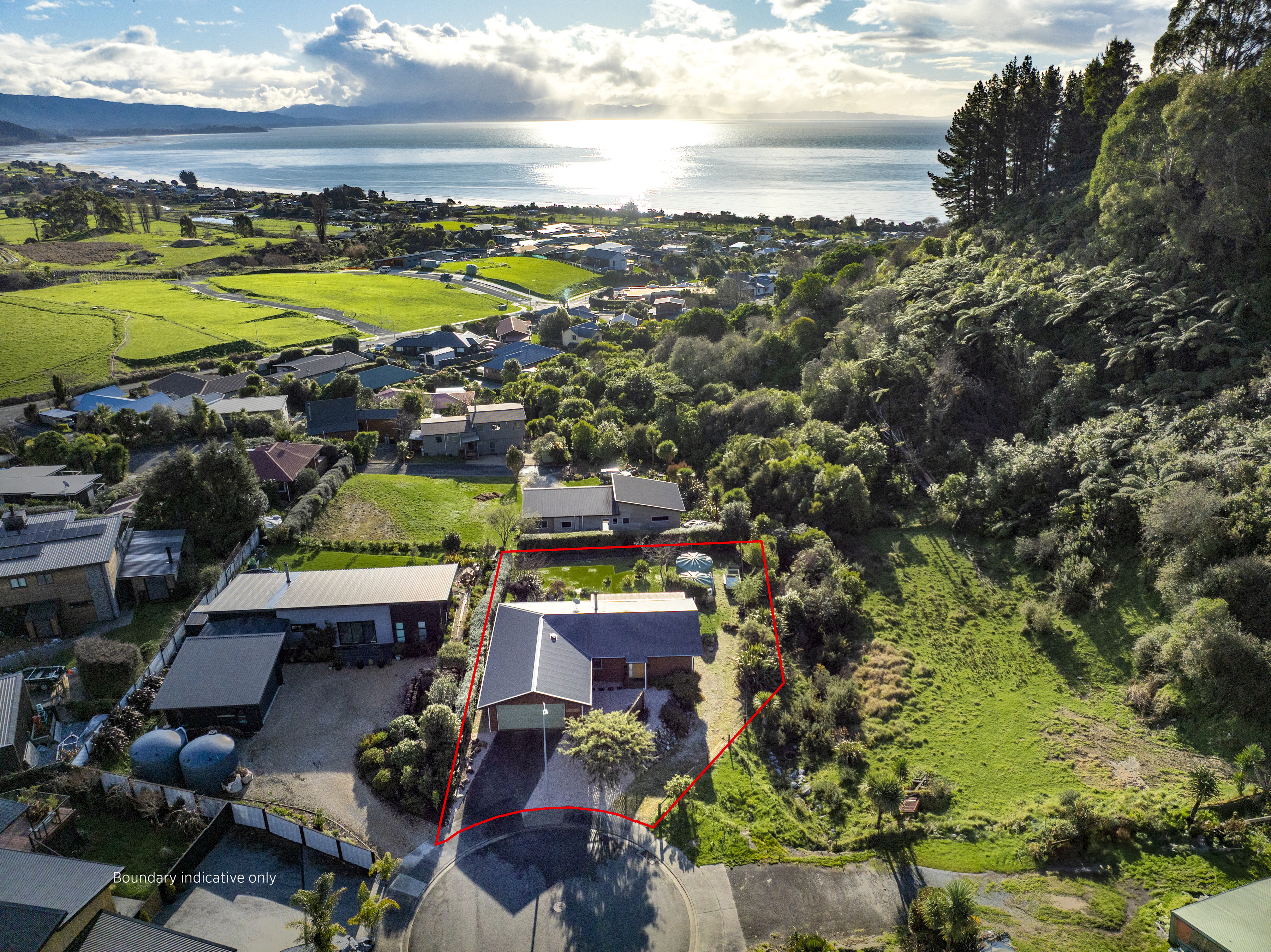A few weeks ago I wrote about the rate of home ownership in New Zealand — particularly noting that that rate has been remarkably consistent, with around 65 per cent of Kiwis owning their own home, for nearly 100 years. I also noted that during the 30-year period between 1961 and 1991 the rate of home ownership increased to a high of 73.8 per cent before dropping back to the long run average.
Following publication, I’m thankful to a couple of readers who contacted me and reminded me that this “blip” coincided with a payment called the “family benefit” which was paid to families between 1945 and the mid-1980s.
The Family Benefit was universal (meaning everyone with kids received it) and was paid to mothers at a standard rate, per week, per child, from birth, usually until that child turned 16. It was one of a package of measures designed to increase the post-war population by incentivising people to have children — and it was certainly a contributing factor to the phenomenon known as "the Baby Boom".
The weekly amount changed over the years — from around 4 shillings, per child, per week in 1945 to $6, per child, per week in the 1960s — a period with which I’m familiar because it’s the decade in which I was born. It’s also notable for the introduction of a significant piece of legislation — the Family Benefits (Home Ownership) Act of 1964.
Start your property search
This Act introduced the ability to “capitalise” the Family Benefit — which allowed families to take the entire amount which would be payable for a child, until age 16, as a lump sum, provided they were using it to buy a first home. At $6 per week, the capitalised amount payable for a child from birth to 16 would be $4992 — although the legislation limited the capital sum to $4000 per family. This was still a substantial amount in 1964 — and would represent $86,000 in today’s dollars.
Tens of thousands of Kiwi families took up this option to use the Family Benefit to buy their first home, including my mother and father who built a home in the new suburb of Pirimai, in Napier, in 1970. According to my Mum it cost the princely sum of around $15,000 ($250,000 in 2019). Given I came from a family of seven kids we easily qualified for the full $4000 contribution. This represented 26 per cent of the total purchase price and was, according to my mum, the difference between buying and not buying a home.
The Family Benefit (and the ability to capitalise it) continued through until 1986, at which time it was replaced by the Family Support Scheme (now known as “Working for Families”) by the Lange Labour Government. This new policy targeted support to those who actually needed it rather than paying it universally, regardless of need — but this “means testing” element of the policy also meant that a family’s circumstances could change and they may not qualify in any given year. Because of this, capitalisation was no longer viable, since a family could not be guaranteed to qualify for the programme throughout the life of a child.
Is it a coincidence that our rate of home ownership peaked just five years later, in 1991? Probably not.
But how could we replicate the success of Family Benefit capitalisation without a return to the crude, clumsy and costly downsides of universal benefits?
One option might be to allow families to capitalise Family Support Tax Credit payments on the proviso they would be required to repay a portion of this amount in any year in which they did not qualify. The numbers to provide an example are difficult to calculate as payments are tailored to individual family circumstances — but if the capitalised sum was set to a maximum of $50,000 and was claimed for the full qualification period of 18 years for a family with one child — that family would be required to repay up to $2700 in any year in they did not qualify, or in which their entitlement was reduced.
Since Family Support is now managed by IRD this would be relatively straightforward to monitor and manage - and such a program would have the added benefit of directing support to that part of kiwi society which is arguably currently under the most pressure.
- Ashley Church is the former CEO of the Property Institute of New Zealand and the Auckland Property Investors Association. He has been a regular media commentator on property matters for more than 20-years and now writes on behalf of OneRoof.co.nz.











































































